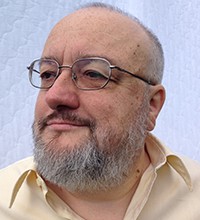Ofcom Report Raises Questions about Feasibility of Net Neutrality Regulations
[powerpress]
 In Part 2 of our interview with Neil Davies, the network expert discusses the results of a study commissioned by the British regulator Ofcom, and what lessons can be drawn from it. Ofcom had wanted to devise regulations for Internet traffic management, so they asked Davies to write a report on tools that claim to detect differential traffic management in order to determine their effectiveness. After extensive analysis, Davies found that none of the highly-touted tools actually succeed at detecting most forms of traffic management. The reason for the ineffectiveness of the these tools is the complexity of the Internet; when there’s a delay between two endpoints, the tools are unable to pinpoint the cause of the delay.
In Part 2 of our interview with Neil Davies, the network expert discusses the results of a study commissioned by the British regulator Ofcom, and what lessons can be drawn from it. Ofcom had wanted to devise regulations for Internet traffic management, so they asked Davies to write a report on tools that claim to detect differential traffic management in order to determine their effectiveness. After extensive analysis, Davies found that none of the highly-touted tools actually succeed at detecting most forms of traffic management. The reason for the ineffectiveness of the these tools is the complexity of the Internet; when there’s a delay between two endpoints, the tools are unable to pinpoint the cause of the delay.



